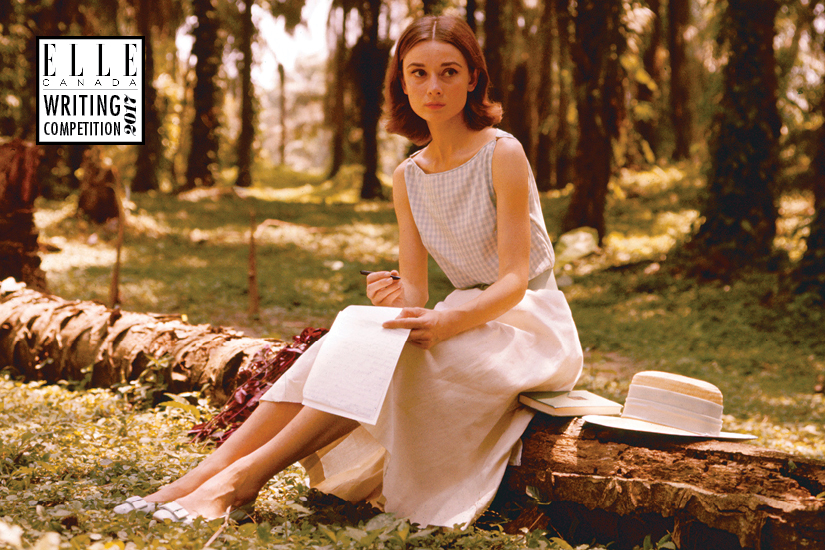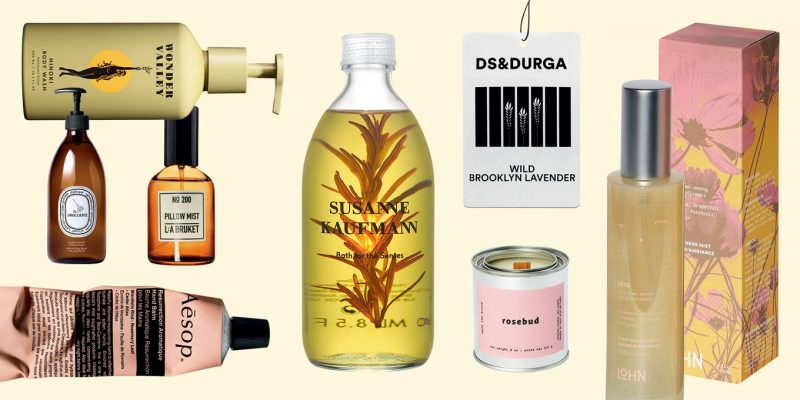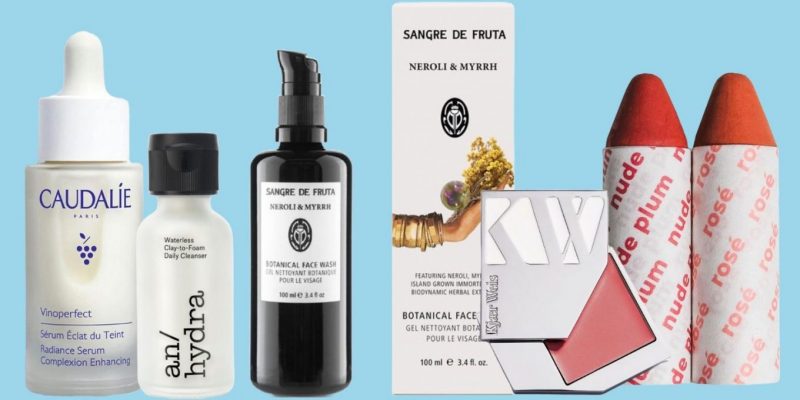Life and Love
This is the winner of our first ever writing competition
This summer, ELLE Canada asked our readers to write us a 700 personal essay on "the fashion moment that changed your life". This is the winner, "Hospital Pumps", chosen by our panel of judges, and published in the November issue, on news stands now.
by : ELLE Canada- Oct 10th, 2017

“Hospital Pumps” by Genevieve Anne Michaels
I felt like Barbie at the funeral. Black dress, vintage necklace, sky-high platforms I’d bought in New York. They were faux croc with a peep toe and metallic golden soles. The dress was modest, cap-sleeved, gathered under the bust. As I watched myself get ready, I was shocked by my perfection. You have the perfect nose, I told myself. Your hair is soft and long. I loved how I looked at the funeral. I felt like a doll.
I was 16 and my mother was dead.
While the preacher talked, I leaned back and stretched out one bare leg, turned my foot back and forth, gazed at my ankles and calves. I saw my heart turning sticky black, dripping tar as dark and shiny as my shoes. In my head, I said, I am evil. My fingertips itched and burned.
After the service, I stood, elevated in my platforms, on the black marble floor of the country club. Roses, peonies and heavy white lilies that bruised at the touch were everywhere. Dozens of people tried to hug me and I threw my hands up: no, no, no. In my shoes, I was untouchable. I was over six feet tall.
I wore different shoes the day she died, still heels. Farylrobin was the brand; my mother bought them for me on South Granville one day after school. They had a ’40s silhouette, heel and platform shiny brick red, slate-blue leather upper. I wore them with a plaid miniskirt and her threadbare cashmere sweater as I stumbled around the palliative-care ward staring at my every reflection. In my head I was My Fair Lady. In my head I was Audrey Hepburn. My red-eyed uncle’s jaw dropped—he told me I looked beautiful but couldn’t hide his horror. Only someone utterly dissociated shows up at a deathbed in pumps.
I couldn’t tell you the last words I said to her, but I could describe every detail of those shoes.
Painful shoes were there for me that summer; I lay around in them in the big house in the suburbs that was suddenly as empty as could be. I took artistic photos of myself pretending to vomit into the toilet of my parents’ blue and white bathroom. I lay on the cold floor in my funeral shoes and played with my mother’s jewellery, draping pearls and crystals across my chest. I always had bright lipstick on. I wore a khaki skirt and an off-white blouse from my mother’s closet and said, This is my safari look. I felt like Keira Knightley in Frye boots feeding an elephant for Vogue.
I had still more ridiculous platforms, chunky ’90s ankle-strapped ones. I didn’t go to school for a month, then showed up on the last day wearing them with cut-offs. My teachers sighed and hugged me, faces full of pity. I’m a circus freak, I said in my head. I’m a runaway. I had a vision of ugly heels and fringed jackets and orange bralettes. I wrote a poem called I Want to Be Addicted to Cocaine. I was no longer Audrey Hepburn. I was Courtney Love, Joan Jett. People started to call me skinny, and fun. It was then I started to realize that clothes could be your shell. I bought a navy-blue coat that looked like a murdered teddy bear. Fishnets, Doc Martens, pink bodysuit, silver tube top.
Recently, I painted my face before minor surgery, hands shaking as I gave myself vamp lips and golden cheekbones, and thought of damaged 16-year-old me. When I choose the most risqué outfit for the most intimidating party, I think of that girl at the funeral in her black heels and dress and scowl. She is the one who taught me to put on something tight and black when you don’t know what to wear. When I change into vintage silk and denim, even though I feel like I can’t get out of bed, I think of myself at the hospital in cashmere and heels, watching my mother die and dreaming of My Fair Lady.
I had always known that clothes could let you create your own reality, but, until then, I never understood why you would need to.
Genevieve Anne Michaels lives in Vancouver and works in communications for an arts non-profit. She studied creative writing and art history at the University of British Columbia.
/// Our Judges On Why This Piece Won ////
“‘Hospital Pumps’ used striking imagery and narrative momentum to deliver a big emotional punch at its conclusion. It was not the death of the mother itself that made the essay wrenching but the impact of the last sentence, in which the writer describes how constructing a fashion persona helped her escape the harrowing reality of her loss.”
– Diane Turbide, publishing director, Penguin Canada
“This was the most original piece; the voice is arresting and confident the whole way through. I admire how different it is in its non-apologetic stance and strong description of fashion in a way that flows well with the story and its darker subject matter.” – Sarah Heller, literary agent, Helen Heller Agency
“This is a brave, irreverent essay about dealing with grief on one’s own terms and using fashion to comfort oneself and assert one’s identity even in the most challenging of situations. It is about not responding to external pressures about how a woman should look and act under stress.” – Heather O’Neill, author of The Lonely Hearts Hotel
“I had a visceral reaction reading this essay on fashion seen through the lens of an identity crisis. The writing transported me into the author’s need for protection during a time of loss. We wanted a strong, original storytelling voice that would stay true to the theme of the contest, and we found it in a powerful, unexpected piece.” – Vanessa Craft, editor-in-chief, ELLE Canada
Click here to read the runner-up entries!
Newsletter
Join our mailing list for the latest and biggest in fashion trends, beauty, culture and celebrity.
More from Life and Love
Read Next

Beauty
10 Luxe Household Scents That Smell Amazing
Including Diptyque dishwashing liquid, Canadian-made room sprays and so much more.
by : Katherine Lalancette- Apr 17th, 2024

Beauty
10 Sustainable Beauty Brands to Know About This Earth Month
Refillable, Waterless and sustainable, oh my!
by : Allie Turner- Apr 17th, 2024

Culture
This University Elevates Women to New Professional Heights
You shouldn’t have to pause your life to move forward in your career.
by : ELLE Canada- Apr 16th, 2024




